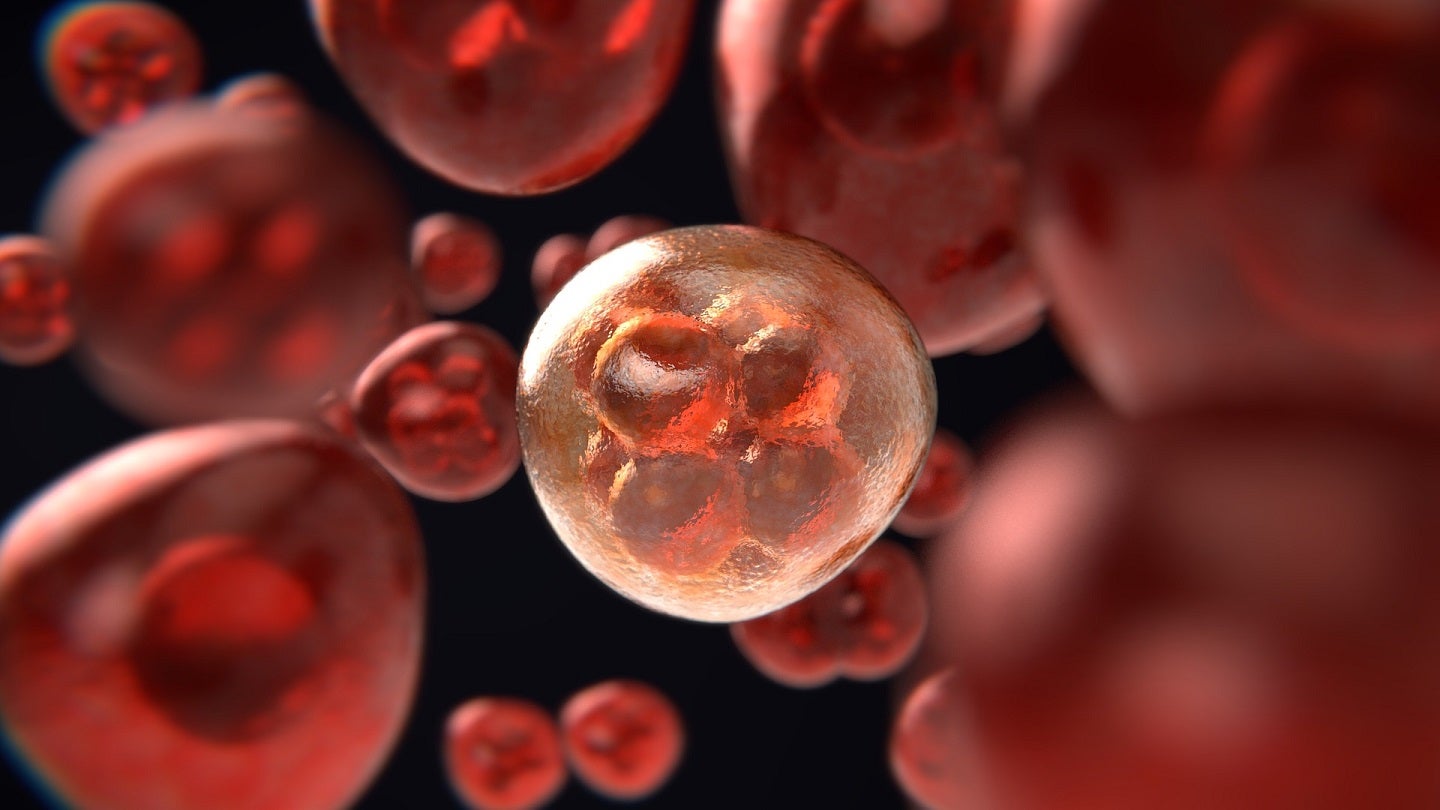
BeiGene and SpringWorks Therapeutics have announced new data from a Phase lb trial of lifirafenib in combination with mirdametinib to treat patients with advanced or refractory solid tumours with RAS mutations, RAF mutations, and other MAPK pathway aberrations.
Lifirafenib is a RAF dimer inhibitor that is currently being developed by BeiGene while mirdametinib is an oral, allosteric small molecule MEK inhibitor that is under development by SpringWorks.

Discover B2B Marketing That Performs
Combine business intelligence and editorial excellence to reach engaged professionals across 36 leading media platforms.
The newly presented data are obtained from the Part A dose-escalation and dose-finding portion of the ongoing trial.
This portion aims to assess the safety, tolerability and pharmacokinetics of the therapy combination as well as find out the maximum tolerated dose and/or recommended dose for a Phase ll study.
As of the data cut-off of 20 January this year, 71 patients received nine dose levels of the combination, thereby examining various dosing regimens.
The findings showed that lifirafenib plus mirdametinib reported a positive safety profile, with reduced incidence of dose-limiting toxicities and treatment-related adverse events that triggered dose discontinuations.

US Tariffs are shifting - will you react or anticipate?
Don’t let policy changes catch you off guard. Stay proactive with real-time data and expert analysis.
By GlobalDataMost of the treatment-related adverse events associated with lifirafenib and/or mirdametinib were dermatitis acneiform, fatigue, diarrhoea, platelet count decreased, alopecia, nausea and alanine aminotransferase increased.
However, the therapy combination demonstrated antitumor activity in patients with different KRAS, NRAS, and BRAF mutations in diverse solid tumour types, such as low-grade serous ovarian cancer (LGSOC), non-small cell lung cancer (NSCLC) and endometrial cancer.
Out of the 62 efficacy-evaluable patients, 14 patients were found to have confirmed objective responses. Among the 17 patients with LGSOC treated, ten patients showed objective responses, with a median treatment duration of around 26 months.
Two of the four endometrial cancer patients that were treated exhibited objective responses in tumours that harbour BRAF fusion mutation or KRAS mutation, respectively.
Among the 11 patients with NSCLC that were treated, two had objective responses in tumours that harbour NRAS mutation or BRAF V600E mutation, respectively.
These findings support the further development of the combination into the dose-expansion portion of the trial.
The expansion is anticipated to begin in the second half of this year.



